Welcome, today we are talking with J. Arlene Culiner! I would like to thank you for taking time out of your busy writing schedule to answer a few questions. First, let’s delve into who you are. Some of the questions may be untraditional but you’d be surprised at what readers connect to, and sometimes the simplest ‘I can relate to that’ grabs their interest where nothing else can.
Can you share a little something about J. Arlene Culiner that’s not mentioned in your bio on your website?
I’m also a musician and I play nine different instruments — from the baroque oboe to the tuba — in nine different orchestras
When did you know that you wanted to be a writer? How long have you been writing?
Like many people in the world, I’ve always written. I never decided I wanted to be a professional writer. I simply did it.
What have you found most challenging about it?
Just getting down the first drafts and knowing when to stop working on a story are the biggest challenges. I tend to rewrite until sentences sing and paragraphs are lovely.
What does writing do for you? Is it fun, cathartic, do you get emotional or exhausted when you write?
Writing is either very exciting or it’s awful, like doing homework that you hate. It all depends on the day, my mood, and whether a story is flowing or not.
Describe what your writing routine looks like. Are you disciplined with a strict schedule or do you have to be in the mood?
I have no strict schedule. I’m very undisciplined and very chaotic. Sometimes I wake up at five in the morning to write, and sometimes I don’t write for weeks. Sometimes I write in the afternoon, sometimes at night. You see what I mean about chaotic?
Did you go into writing thinking that it would be a hobby or a job?
I never thought about it. I just did it. I think my subconscious has always ruled my life.
What inspires you?
Life and absurdity
Let’s move on and give readers some insight into your personal life.
What is your favorite:
- Animal – No favorites, I love them all — insects and reptiles included
- Food – Any fruit or vegetable or warm buttered toast
- Movie – I haven’t seen a movie for years
- TV show – I don’t own a television
- Singer – Philippe Jaroussky
- Author – Saul Bellow
What are your pet peeves?
Noise, screams, loud music, rudeness
Who is your hero?
I’m afraid I don’t have one. A hero is an ideal person, not a real one.
Give us one thing on your bucket list.
I don’t have a bucket list. There are books I want to write that I haven’t yet written, but I’ll get around to working on them if they’re important. I enjoy my life, I’ve done so many things, and there isn’t anything that I feel is missing. I have two non-fiction manuscripts that I would like to see published, but all I can do is send them out and hope a publisher will fall in love with them.
What would readers find surprising about you?
Perhaps the fact that I haven’t seen a movie in years and that I’ve never owned a television. I like the images I conjure up inside my head, and I know that they’re all mine. Those images help me create the strange characters and unique settings in my books.
If you could go to heaven, who would you visit?
I have written a biography (as yet unpublished) about a 19th century rebel, songster and poet, and I would love to meet up with him. He died in 1875; however, I seriously doubt that he’ll be in heaven.
Any bad habits?
I probably have thousands of bad habits, but I don’t recognize them. You’d have to ask someone else what my bad habits are.
What’s the funniest thing that ever happened to you?
Being born on a Friday the 13th got me off on the right foot
Now that our readers know who J. Arlene Culiner is let’s get down to the business of your book, Desert Rose. How long did it take you from beginning to end before your novel was completely finished, and how did you decide on the topic and title?
It took me around two years to write Desert Rose. I wrote the first chapters, and then put it aside. I knew I wanted to set the story in Blake’s Folly, a semi-ghost town in Nevada, and I knew I wanted my heroine to be older, but I wasn’t certain where I wanted the story to go. Besides, I was working on other things — but that isn’t unusual for me: it’s the way I function. I read several books at the same time, play several instruments, have several occupations, and work on several books. As for the title, Desert Rose, that just came naturally.
Please tell us a little bit about, Desert Rose.
Desert Rose is the romance between Rose Badger, a very secretive woman and Jonah Livingstone, a half-Paiute geologist who also has a few secrets of his own. Both have had previous marriages, both are intelligent and sensitive, and both are quite easy to love. However Rose is the town flirt because she likes the attention, but also because it’s a way of hiding who she is, avoiding commitment, and covering up what she really does in life — yes, she has activities that no one knows about.
The attraction between Jonah and Rose is immediate, but until Jonah understands that the real Rose is hiding behind the flighty image, and Rose accepts that she has to show Jonah what she really thinks, the romance can’t go anywhere.
What was your hardest challenge writing this book?
Rose is a very complex person. Although she seems very superficial at first, it was important to show that there is a real, very worthy person, behind the façade. It was also a challenge to write about Jonah because he’s as secretive as Rose is, and as self-protective.
What kind of research did you have to do?
I had to research many things: Russian music, the geology of Nevada, Paiute customs, fossils, and prehistory.
What in your opinion makes good chemistry between your leading characters?
Both Rose and Jonah are lighthearted, well-read and very intelligent; therefore they are able to communicate. Their attraction goes far beyond just desire, and for that reason, the chemistry is strong. I think communication is the best way for any relationship to work.
What about All About Charming Alice? I see that these are standalone stories but how do they connect?
Both Desert Rose and All About Charming Alice are set in the semi-ghost town of Blake’s Folly (which is why they are both part of the mini-series, Romance in Blake’s Folly). Alice is Rose’s closest friend, and she’s quite a prickly, defensive character — in other words, she’s Rose’s opposite. She’s also very wary of men, and it’s only with the encouragement of lighthearted Rose, that Alice is able to accept that she is very attracted to Jace Constant, the hero. In both books, there are many of the same secondary characters, and both books present different aspects of Blake’s Folly, a former mining town that saw its best days back in the late 1800s.
Any other works in progress?
I’m working on the third Romance in Blake’s Folly. This is a series of connecting stories, and the first starts in 1889. These stories give background information about of Blake’s Folly, its rise and fall as a typical western silver boomtown. Also, these stories tie together all the cranky characters found in All About Charming Alice and Desert Rose.
I also had a new release in January: The Turkish Affair. It’s a romantic mystery set in Turkey. No, it doesn’t come under the category of a work in progress, but I’ve been blogging about the book over the last few weeks, so it’s very much in my thoughts at the moment.
Any advice for aspiring authors?
Because I think that language and imagery are such important elements in a good book, I would suggest that any potential writer read poetry, particularly that written between 1940 and 1980. The work is accessible, and very strong. Some poets I particularly love are: Stevie Smith, Earle Birney, Norman MacCaig, Elizabeth Bishop, Dannie Abse, Roy Fuller, Anthony Hecht, Derek Mahon, and Randall Jarell. But there many others, too, and their poems are available for free on the Internet.
Final words?
The one thing every writer is faced with at one time or another is rejection, and I have no words to lighten the dismal feeling a rejection slip brings. We just have to get on with it, send that manuscript out again. After a while, rejection doesn’t even hurt: it’s just another challenge.
- Website: http://www.j-arleneculiner.com
- Blog: http://j-arleneculiner.over-blog.com
- Email: jarleneculiner@gmail.com
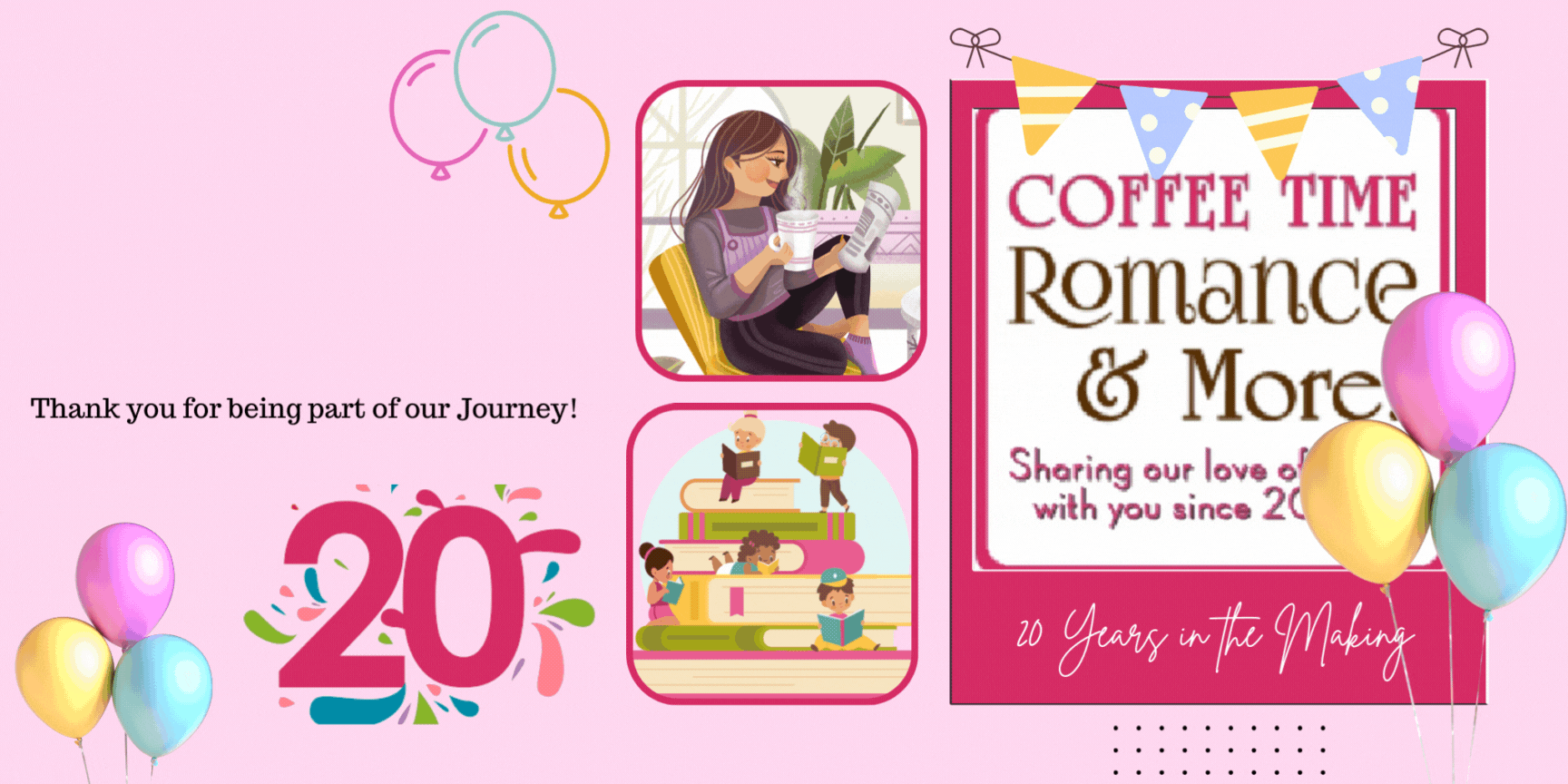
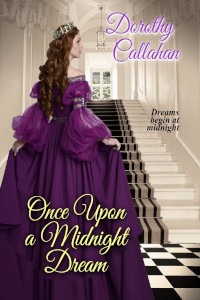
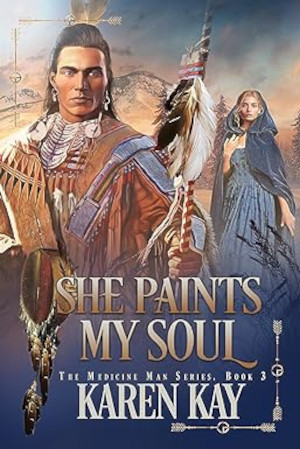
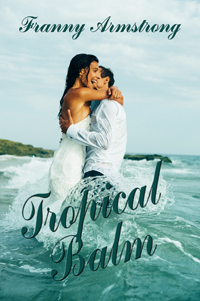
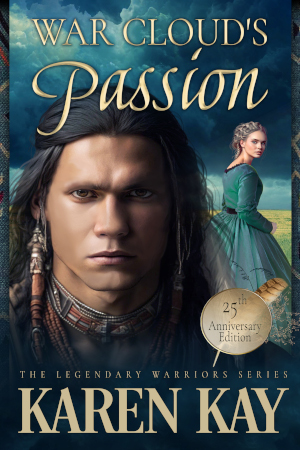
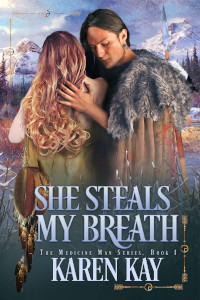
I loved the interview.
Auntie
I absolutely love this interview and getting to know a bit more about you. I think the most amazing tidbit is the fact you don’t watch movies nor have a television. When I was a child, we didn’t have electricity, so my entertainment was books. I’d bring an armload home every Saturday’s trip to town for groceries, etc. I would probably get a lot more writing done if I followed your lead and got rid of the t.v. Your series sounds wonderful and I so enjoyed your novella in Hot Western Nights.
Thanks so much, Elizabeth. I enjoyed your story in the anthology, too. Your childhood without electricity sounds fascinating. I’d love to hear more about it. And, yes, if I sat in front of a television, I’d feel as though my life were slipping away, unused.